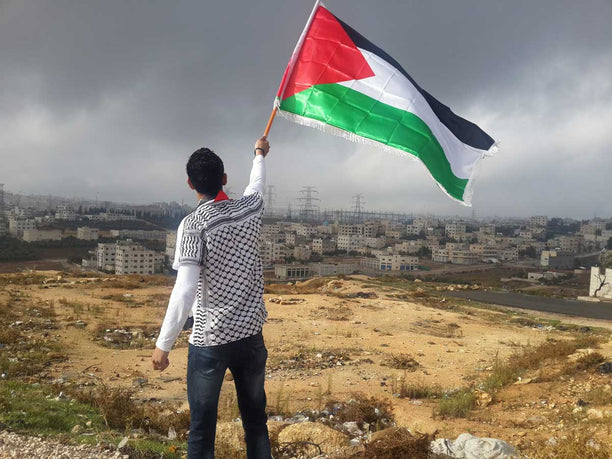Today I gave a talk on Edward Said's life and work. The core of the talk was an account of Said's understanding of Georg Lukács's great essay on 'Reification and the Class Consciousness of the Proletariat', and how this essay underpinned much of Said's own 'worldly' and activist criticism. Said, like Lukács, envisaged critique as emerging most importantly in a moment of crisis - a moment of crisis where the normal 'laws' which govern or seem to govern society and economy are thrown into a new light and shown not to grasp the chaos of actuality. Further, this moment is the crux moment when the consciousness of the proletariat becomes a full 'class consciousness', and offers the potential for critique, knowledge and change.
I argue that this Lukácsian formulation fed directly into Said's great essay 'Zionism from the Standpoint of its Victims', where he suggests that the most powerful or fundamental knowledge of Zionism is that made by its victims, as they come to collective consciousness under its terrifying and awesome subjugation.
Thinking about this essay again today makes me believe that we can use it as a prism through which to think about Gaza. This is not complicated - it's simply the recognition that Israel's Gaza campaign is the logical endpoint of Zionism's treatment of Palestinians. The catastrophic damage wrought in Gaza shows us that the desired endpoint of Zionism is either the destruction of the Palestinians, or their being pushed out of the Strip. Genocide or murderous ethnic cleansing. A logic of elimination. Gaza brings out into the open the tremendous violence of state-Zionism, which has always been part of the creation of Israel but which has been, for extended periods at least, hidden or euphemized in forms of ideological obfuscation - socialist Zionism, the kibbutz movement, the two state solution, Camp David, the Oslo process. We must remember that all states are violent entities, even if only implicitly. Max Weber's famous definition - that the state is the agency in society which has a monopoly on the legitimate use of violence - tells us that all states are constituted by a centralization and unifying of certain violent agencies and the delegitimation, exclusion and elimination of all others. Those states are most successful which can conceal their violent undergirding. Israel, being an ethnic state, as argued by Oren Yiftachel, shows and has always showed its violence in its efforts to get rid of the ethnic detritus or waste or surplus which it cannot handle: non-Jews, meaning in Israel overwhelmingly Palestinian Arabs. Gaza, therefore, offers us a profound knowledge of the meaning of Zionism by bringing out into the open the core logic of Zionism, of its craving for more land and less Palestinians, its need to reify or objectify Palestinians as less than human - 'human animals' - and then to extrude or kill these wasted people, as Zygmunt Bauman has argued of the logics of contemporary capitalism. Mouin Rabbani has noted how the Israeli authorities have called their cyclical attacks on Gaza 'mowing the lawn' - a form of waste disposal or management. This is, at the moment, the best that Palestinians can hope for from Zionism.
I am not making any very sophisticated statement. There is far too much talk, both about the Gaza crisis and about the Israel-Palestine conflict generally, which tells us that it is 'very complex', that it is morally riven, that it's hard to understand. This has always struck me as a highly problematic vision: it tells us that the situation is beyond the knowledge of most people and beyond their capacity to learn. And, as Seamus Deane wrote in another locus of late colonialism, to declare that a political problem is too complex for one to hold a clear opinion on it is 'a scandalously unintelligent position'. Actually, of course, the situation is not so complicated. A powerful first world state is stamping savagely on a largely defenceless people (and has been doing so since 1948), which does not possess a state or state apparatus, which lacks the protection of a legal jurisdiction or a security machinery, or safe borders, let alone a stable economy and an enabling and humanizing culture. It's in that sense that we can, in fact, say that what is happening in Gaza at the moment is Zionism, for its Palestinian victims.



No comments:
Post a Comment